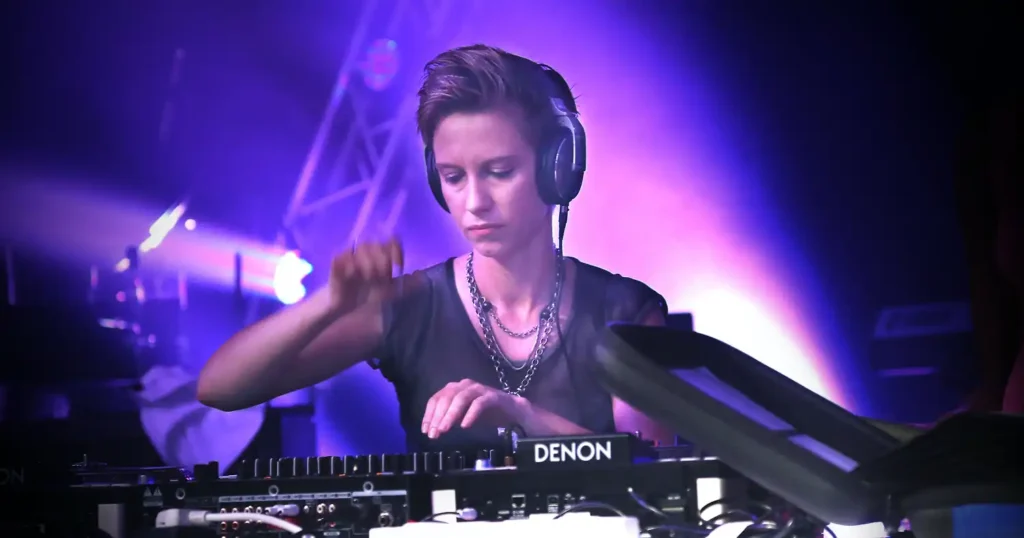Music licensing refers to the process of obtaining permission from the copyright owner to use a musical composition in various ways, such as for public performances, commercial use, or synchronization with visual media. As music is a form of intellectual property, it is protected by copyright laws, and anyone wanting to use a song for commercial purposes must obtain the appropriate licenses from the rights holders.
There are various types of music licenses, each covering different uses of the music. One of the most common types is the public performance license, which grants permission to play a song in public spaces like restaurants, bars, stores, or at events. This type of license is typically obtained through Performance Rights Organizations (PROs) such as ASCAP, BMI, or SESAC, which represent the rights of songwriters and music publishers and collect royalties on their behalf.
Another important type of music license is the synchronization license, which allows the music to be synchronized with visual media such as movies, TV shows, commercials, or video games. These licenses are negotiated directly with the music publisher or the songwriter’s representatives, and the fees are determined based on factors such as the scope of the usage, the prominence of the song in the production, and the intended distribution of the media.
In addition to public performance and synchronization licenses, there are also mechanical licenses for reproducing and distributing recorded music, as well as print licenses for using musical compositions in printed materials like sheet music or songbooks. Each type of license has its own set of regulations and fees, and navigating the music licensing process can be complex and time-consuming for businesses and content creators.
Music licensing is essential for ensuring that artists and music creators are compensated for the use of their work, and it also provides legal protection for businesses and media producers against copyright infringement claims. Without the proper licenses, businesses and individuals risk facing legal action and hefty fines for unauthorized use of copyrighted music.
The music licensing landscape has become even more complex with the rise of digital streaming platforms and online content creation. Streaming services like Spotify, Apple Music, and YouTube must obtain licenses for the music they make available to their users, and they pay royalties to rights holders based on the number of streams or downloads. For content creators on platforms like YouTube, there are specific guidelines and licenses in place for using copyrighted music in their videos, and failure to comply with these rules can result in demonetization or removal of the content.
Music licensing has also become a lucrative business for music publishers, who actively seek opportunities to license their catalog of songs for use in various commercial and media productions. With the increasing demand for music in advertising, film, TV, and online content, the value of music licenses has grown significantly, and publishers are constantly seeking to maximize their revenue by striking licensing deals with high-profile brands and productions.
Overall, music licensing is a complex and multi-faceted process that plays a crucial role in the music industry and the broader entertainment landscape. It ensures that creators are fairly compensated for their work, while also providing businesses and content creators with the legal framework to use music in their productions. As the industry continues to evolve with advancements in technology and media consumption, navigating the world of music licensing will remain an important consideration for all stakeholders involved.


